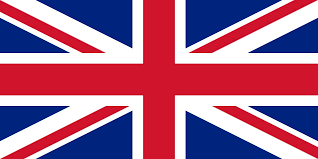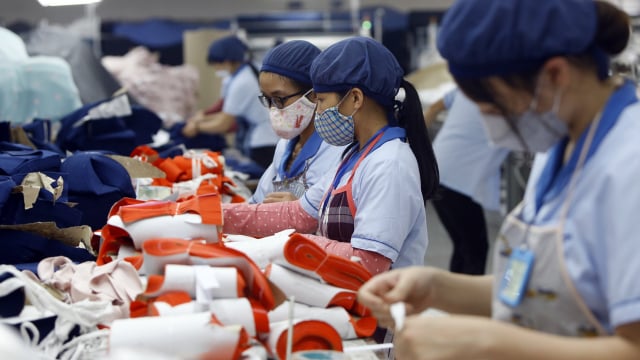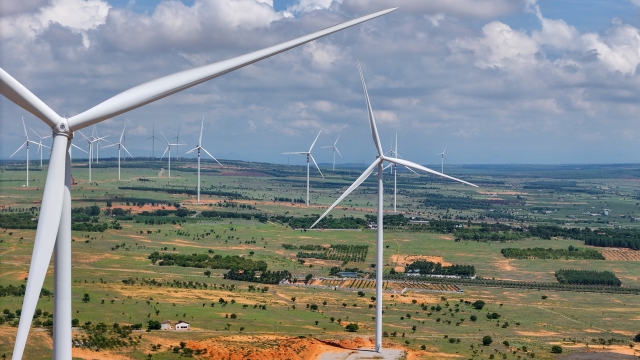Leader Talk
EuroCham: EVFTA a win-win deal for both Vietnam and the EU
Nicolas Audier, co-chairman of the European Chamber of Commerce in Vietnam (EuroCham), said that the trade pact will benefit not only companies and consumers, but also the welfare, wages and living standards of millions of people in Vietnam.
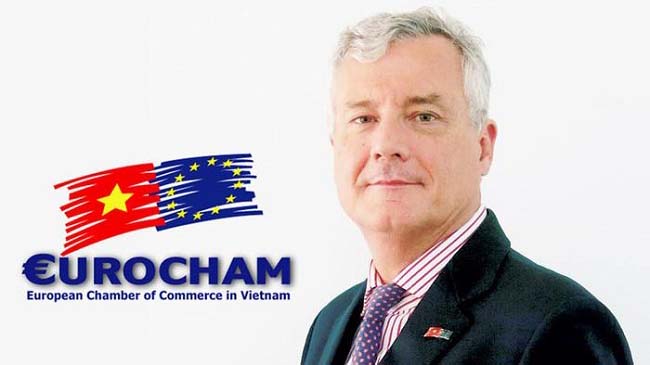
In an interview with TheLEADER last week, Audier said that the EU-Vietnam Free Trade Agreement (EVFTA), is one of the most comprehensive agreements ever concluded between the EU and a developing nation.
Once ratified and implemented, the EVFTA, which was signed yesterday in Hanoi, will reduce tariffs and barriers to trade and open up new opportunities for trade and investment between the EU and Vietnam.
According to the co-chairman, EuroCham members are in fact “overwhelmingly positive about this agreement and optimistic about its effect on their business operations in Vietnam”.
79 per cent of its members, in particular, said that the EVFTA would have a positive impact on their business plans in the medium term. Looking further ahead, some 85 per cent said that the agreement would have a positive impact on their business plans in the long term.
“But the EVFTA will do more than just increase the bilateral trade and investment,” he stated, adding that it will help Vietnam to modernise its legal framework, strengthen the trade and investment environment, improve safety and quality standards, particularly for food, and boost exports to European markets.
This will benefit not just companies and consumers, but also the welfare, wages and living standards of millions of people in Vietnam, Audier noted.
Once come into force, the trade pact will boost exports from Vietnam to the EU and sectors such as textile , garment, and footwear in Vietnam are set to be some of the biggest beneficiaries of this agreement.
The garment sector alone is predicted to grow by 200 per cent compared to the 2007 baseline, according to the European Trade Policy and Investment Support Project (EU-MUTRAP).
“However, in order to unlock the full benefits of the EVFTA, exports from Vietnam will have to meet high standards to access the high-spending European consumer market,” Nicolas Audier said.
For example, Vietnam ships a significant volume of seafood to Europe, but this sector must now meet the EU’s strict requirements on illegal, unregulated and unreported (IUU) fishing.
Meanwhile, the EU has proposed a ban on single-use plastic items in all member states so companies manufacturing these products should consider adapting their business plans to meet the new regulations in the EU and also take advantage of the changing consumer trends.
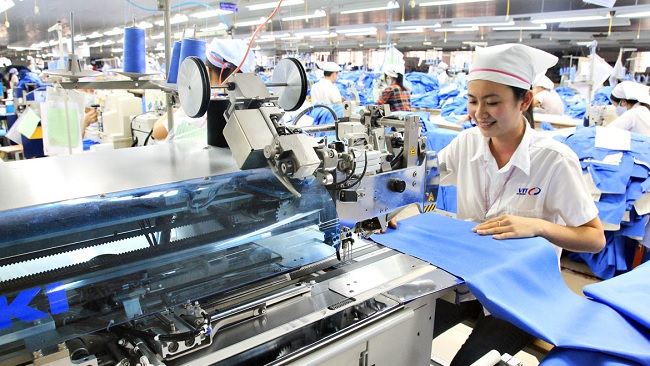
In addition to trade, the EVFTA will boost European investment to Vietnam, both from companies who have been here a long time and from new companies entering this fast-growing market.
For instance, in EuroCham’s latest report on the EVFTA, 80 per cent of its members said that the agreement will enhance Vietnam’s competitiveness compared to other countries in the region like China, Japan and Korea.
Meanwhile, 72 per cent of its members agreed that the trade agreement will help Vietnam to become a hub for EU companies to access the ASEAN market.
Representatives of many European companies have suggested that in order to make best use of this capital flow, the government can take a number of steps to improve Vietnam’s business environment.
In EuroCham’s annual Whitebook addressing trade and investment issues and recommendations, 16 Sector Committees have made a number of detailed suggestions on sectors from tax to transportation, and from medical devices to motorcycles.
“We welcome the government’s open and receptive dialogue with our Sector Committees on these issues, and we hope to use the international experience of our members to help the government go further and faster on its path of reform, continuing to modernise and liberalise the economy for the benefit of all,” Audier said.
As global trade is at a crossroads, barriers and tariffs have been set up to disrupt economic cooperation, as seen in the case of the US and China imposing duties worth billions of dollars on thousands of items from auto parts to food ingredients.
The last three decades have proven that protectionism is bad for business and bad for consumers after all. It increases the cost of trade, making goods and services less affordable and damaging jobs and economic growth in the process.
Meanwhile, open markets boost trade and investment across borders. Free trade creates a true ‘win-win’ situation for both sides, with businesses benefitting from lower costs and consumers benefitting from greater access to goods and services.
“Therefore, to continue the success of the last three decades, Vietnam should continue to embrace free trade, open markets and liberalisation, as it has done since the historic Doi Moireforms. Europe, with its unwavering commitment to free trade, is a strong partner for Vietnam in this regard,” said Audier.
Textile, clothing and footwear to make the most of EVFTA, says HSBC
When organic becomes an inspiring wellbeing lifestyle
For Tyna Huynh, co-founder of Drinkizz, organic is not just a food choice but a way of life that fosters a deep connection between people, nature and community.
Garment factories embracing respectful workplaces
Embracing respectful workplaces could very well be the key to unlocking a more prosperous future for Vietnam's garment industry.
Vietnamese corporates in new era: The reborn dragon
Vietnamese businesses have had a long journey with great achievements, and this path will continue and blossom in years to come.
The future of jobs in AI era
While some jobs are expected to be replaced by emerging AI applications, the technology is broadly seen as a catalyst for positive transformation in the workforce.
Financing Southeast Asia’s energy transition
The energy transition is bringing forth new challenges, particularly in refining financial systems.
Few countries are better placed than Vietnam for consistent robust growth
Alex Hambly talks about investment opportunities in Vietnam following his appointment as chief investment officer (CIO) of VinaCapital.






